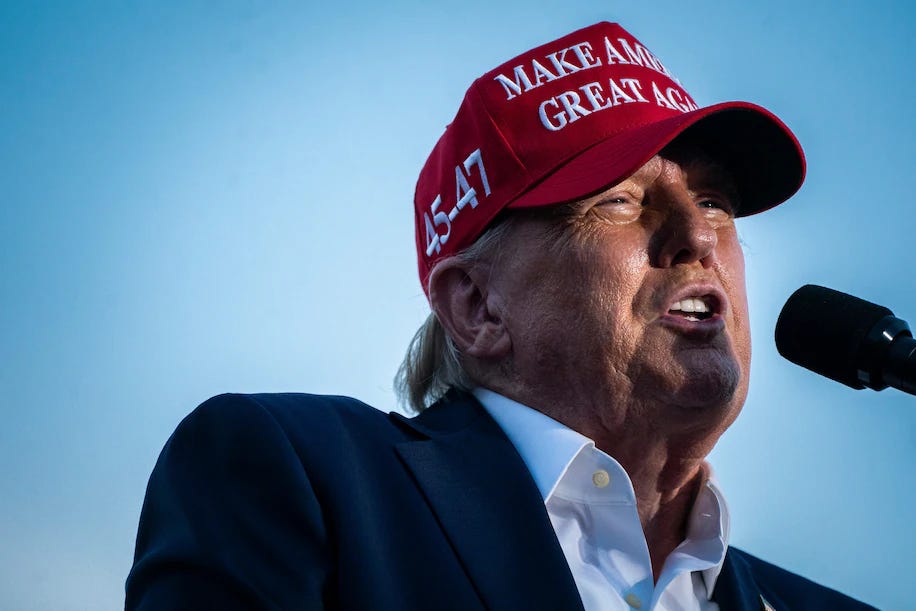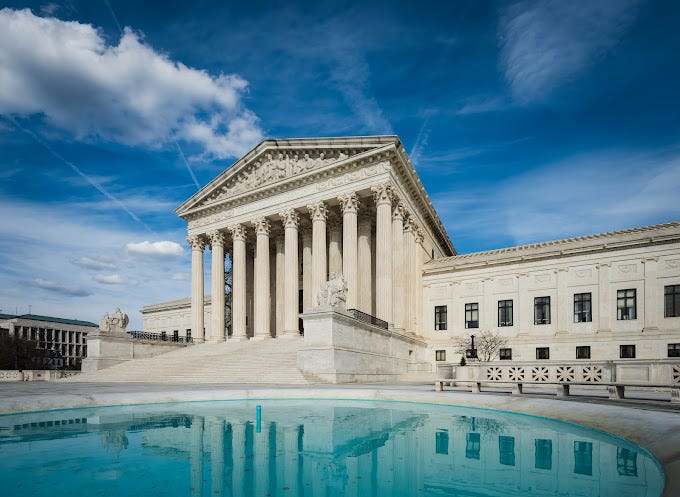Trump Requests Setting Aside of New York Conviction Following Supreme Court Ruling
In a motion submitted to a Manhattan criminal court, Donald Trump's lawyers argued that the recent immunity ruling should invalidate his conviction in the hush money trial.
“Junk My Conviction”: Trump Relies on Supreme Court Immunity Ruling
Donald Trump's defense team today (July 11) filed a crucial petition in a Manhattan criminal court, seeking to overturn a guilty verdict delivered by a jury in the New York hush money trial. This move follows a recent US Supreme Court decision that differentiates between "official acts" performed during office and private actions. This pivotal ruling provides a basis for Trump’s attorneys to contest the conviction, arguing that some of the evidence admitted and considered by the jury pertained to his official presidential duties.
The Supreme Court's Immunity Decision and Its Impact
The Supreme Court's verdict had recently clarified that while presidents enjoy immunity for their official acts, their private conduct does not receive the same protection. This decision is crucial for Trump, who faces multiple charges where his actions during presidency are being scrutinized under both lenses. Trump's lawyers argue that communications considered during the trial—including discussions with key White House personnel and social media interactions—were within his role as President and should thus be exempt from legal challenge.
Trump's Legal Argument for Dismissal
In their motion, Trump's attorneys assert that specific pieces of evidence, such as testimony by former White House Communications Director Hope Hicks and several tweets issued during his term, should be considered official acts and thereby immune from prosecution. These elements, they argue, were improperly used to influence the grand jury and the trial's outcome. The motion meticulously challenges the interpretation of what should be classified as presidential duties, urging the trial court to reevaluate the evidence under the new Supreme Court guidelines.
The Judicial Challenge Ahead
The case now lies in the hands of New York Supreme Court Justice Juan Merchan, who faces the unprecedented task of deciding whether the evidence deemed as official acts invalidates the jury's decision. The legal community watches closely, as this decision will not only affect Trump’s fate but also set a significant precedent for how former presidential conduct is treated in court. Justice Merchan's ruling could lead to anything from the dismissal of charges to a new trial if the current verdict is overturned, which itself would be problematic on double jeopardy grounds.
Summing Up: Implications for Presidential Accountability
This case extends beyond the courtroom, serving as a crucial test for the limits of presidential immunity that could significantly influence how the role of the president is viewed in terms of accountability. As the legal system grapples with these intricate issues, the outcomes will undoubtedly redefine the scrutiny of actions taken by a president once they return to private life. Moreover, the implications of this trial resonate beyond legal frameworks into the political arena, where the incumbent President Joe Biden faces growing scrutiny over his mental and physical fitness, casting shadows on his capability to continue in office. This scenario is not just about legal precedents but also about the broader political dynamics shaping the future of presidential accountability.



